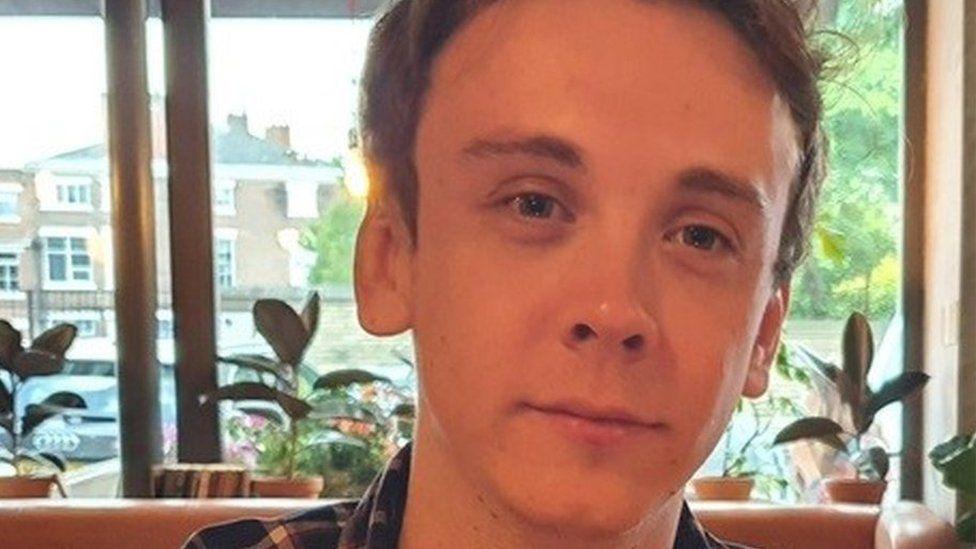Mum's 'heartbreak' over Nottingham attack failings
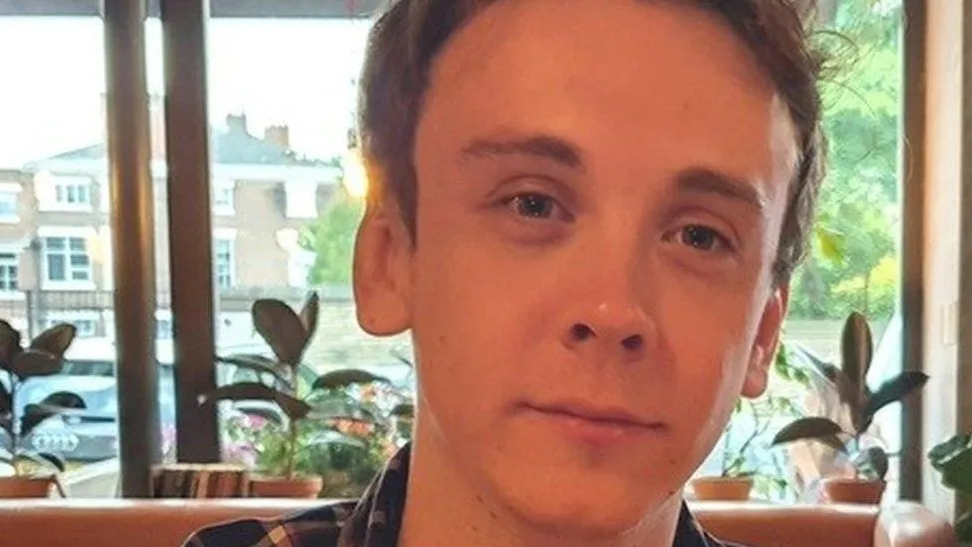
Jacob Billington was on a night out with friends in Birmingham when he was fatally stabbed by Zephaniah McLeod
- Published
A mother says she is heartbroken no changes appear to have been made to mental health services in the wake of her son's death after a review into the Nottingham attacks found failings in care.
The Care Quality Commission (CQC) found "a series of errors, omissions and misjudgements" by mental health services over Valdo Calocane’s care.
Jo Billington's son was killed after a man with paranoid schizophrenia carried out a stabbing spree across Birmingham city centre in 2020.
"Seeing the same failings identified again and again is absolutely heartbreaking," she said.
Barnaby Webber and Grace O'Malley-Kumar, both 19, and 65-year-old Ian Coates were killed by Calocane, who was psychotic and suffering from paranoid delusions, on 13 June 2023.
The review by the CQC on Tuesday said without action, the issues identified would "continue to pose an inherent risk to… public safety".
The government met the victims' families last week and called for the CQC's recommendations to be implemented in mental healthcare across England.
The victims' families said those responsible for the failings had "blood on their hands".

Ian Coates, Barnaby Webber, and Grace O'Malley-Kumar (left to right) were killed by Valdo Calocane in June 2023
An inquest into the death of Jacob Billington, from Crosby, Merseyside, concluded extensive failings allowed Zephaniah McLeod, "a violent man", to be freed from prison.
Seven others were injured in his attacks in Birmingham in 2020.
Mrs Billington said the similarities between the reports into Calocane and McLeod were distressing.
She said both offenders were long-standing refusers of medication "and yet there didn't seem to be anything anyone could do to enforce that".
"Without his medication, our offender was known to be dangerous and violent and that risk was never decreased in any of the interventions anyone had with him," she said.
"It's really upsetting to see that in [Calocane's] case that's exactly the same."

Zephaniah McLeod fatally stabbed 23-year-old Jacob Billington and admitted a charge of manslaughter and four counts of attempted murder
Four years after her son's killing, Mrs Billington said the review into Calocane's care had "brought everything back".
"Seeing the same failings identified again and again is absolutely heartbreaking," she said.
"You see a case like this one which is so similar and it just appears nothing has been learned at all."
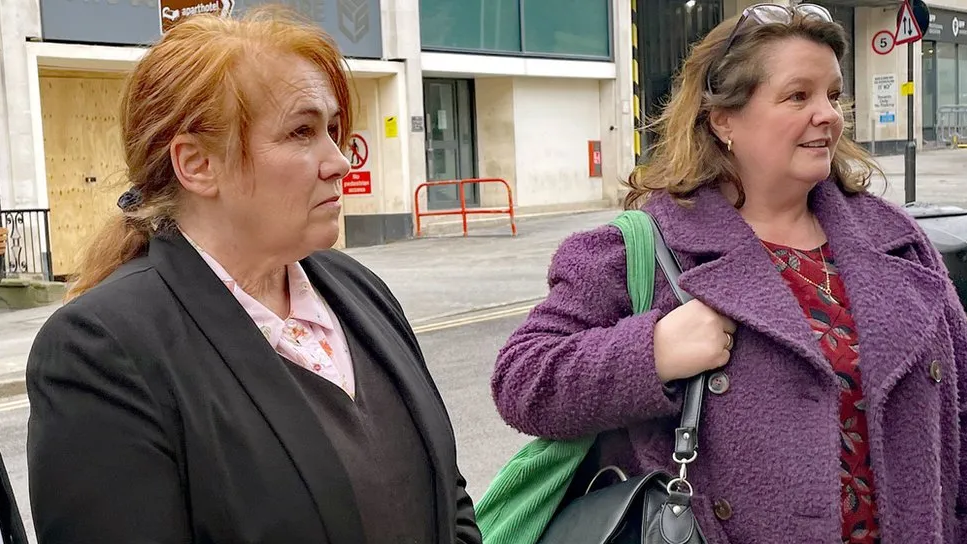
Joanne Billington (left) said she was heartbroken at the similarities between the reviews into Zephaniah McLeod and Valdo Calocane
Mrs Billington said she hoped the Calocane case would finally bring change to how agencies worked together and how they dealt with "dangerous people who don't take their medication".
"Schizophrenia can be very unpredictable and people can be OK one day and not the next - which was the case in our offender," she said.
"Care in the community is a fantastic concept, we shouldn't lock everybody up, these people are ill, however that only works if there's a realisation that if that individual doesn't comply, further deaths absolutely will occur."
Responding to the CQC review, Health Secretary Wes Streeting said: "I want to assure myself and the country that the failures identified in Nottinghamshire are not being repeated elsewhere.
"I expect the findings and recommendations in this report to be considered and applied throughout the country so that other families do not experience the unimaginable pain that Barnaby, Grace and Ian's family are living with."
In its report, the CQC said NHS England would be carrying out "more detailed scrutiny" of Calocane's wider interaction with mental health services in its "independent homicide review".
Follow BBC Birmingham on Facebook, external, X, external and Instagram. Send your story ideas to: newsonline.westmidlands@bbc.co.uk, external
Related topics
- Published13 August 2024
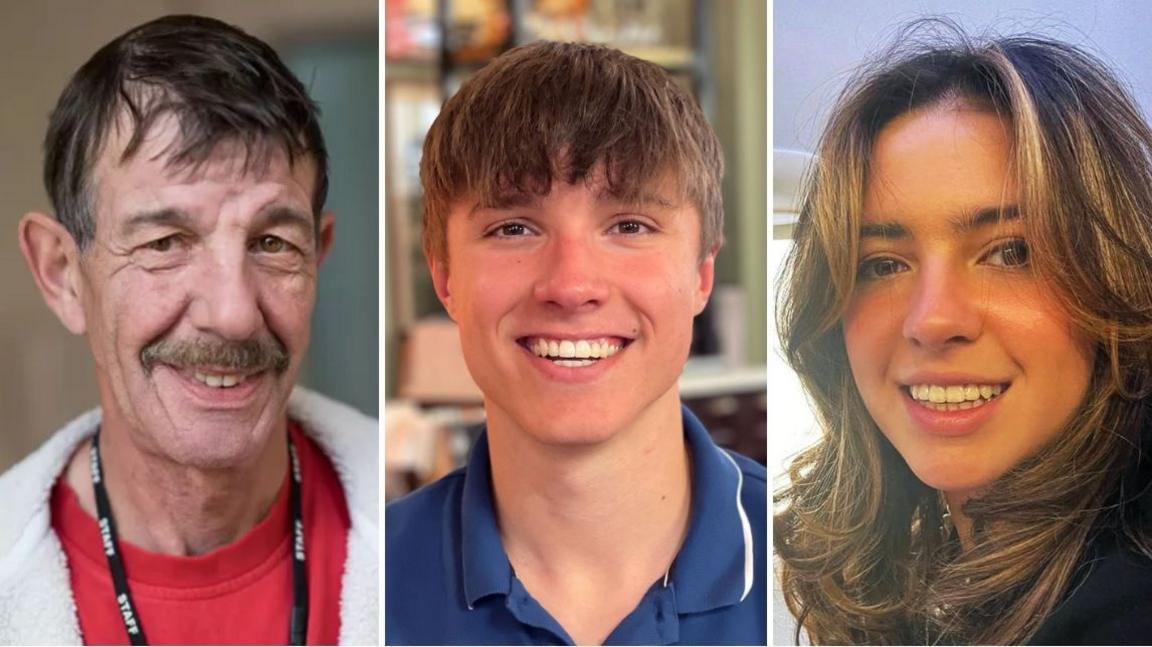
- Published12 August 2024
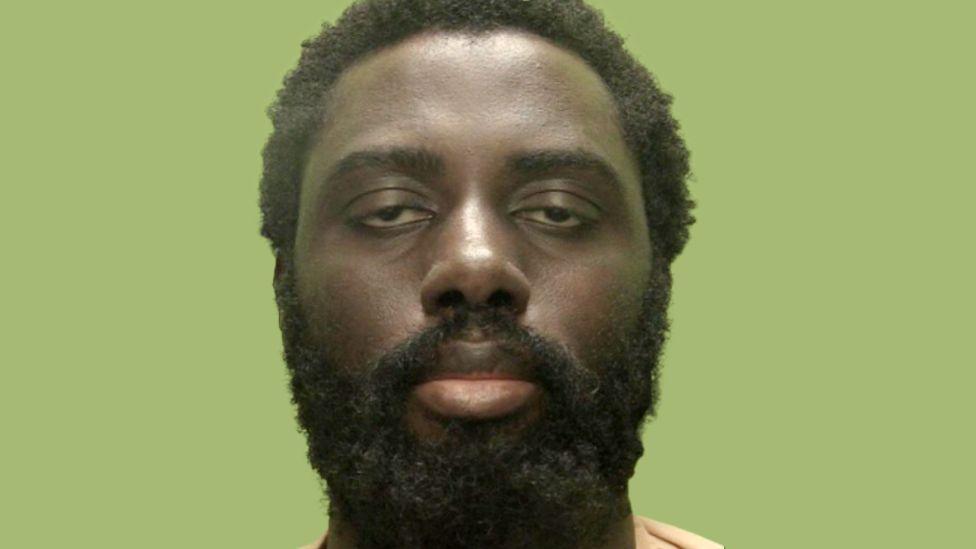
- Published8 March 2024
